info@vivavel.com
+919818262686
+919818262686
 info@vivavel.com
info@vivavel.com +919818262686
+919818262686A Left Ventricular Assist Device (LVAD) is a mechanical pump implanted in individuals with heart failure. This device helps pump blood from the left ventricle, the heart's lower left chamber, into the aorta and throughout the rest of the body. It is called a left ventricular assist device because it supports the function of the left ventricle. LVADs are typically used when the heart is unable to pump blood effectively on its own, particularly in patients with end-stage heart failure or those awaiting a heart transplant.
 Patients who may need an LVAD have severe heart failure and display symptoms such as:
Patients who may need an LVAD have severe heart failure and display symptoms such as:

 LVADs are usually recommended in cases of severe heart failure, which can be caused by:
LVADs are usually recommended in cases of severe heart failure, which can be caused by:
 Immediate medical attention is required if:
Immediate medical attention is required if:
 To assess whether a patient is suitable for an LVAD, doctors may conduct:
To assess whether a patient is suitable for an LVAD, doctors may conduct:
 Do's:
Do's:
 Don'ts:
Don'ts:

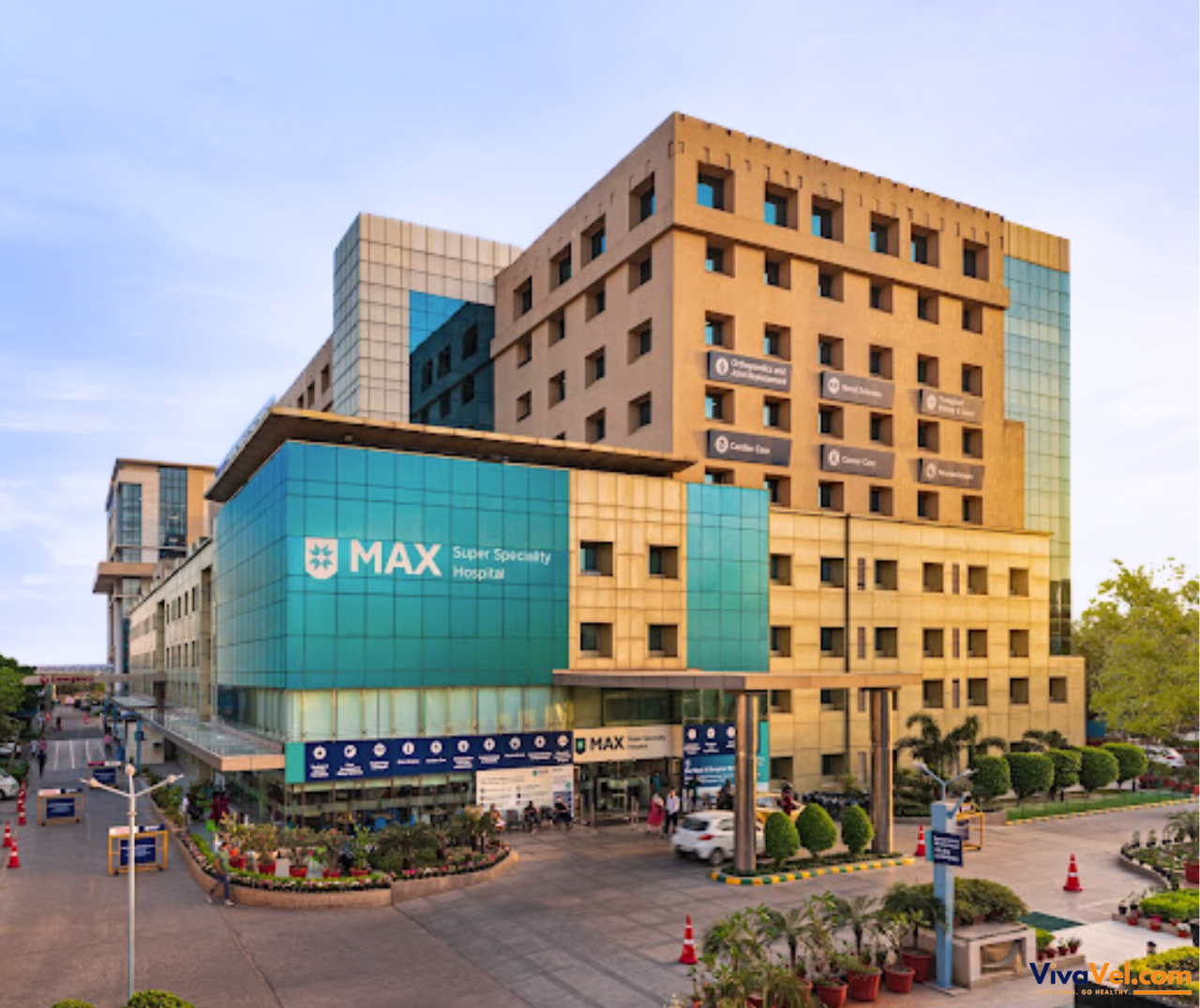


![]() Near Radisson Blu Hotel, Sector 1, Vaishali Ghaziabad, 201012 India
Near Radisson Blu Hotel, Sector 1, Vaishali Ghaziabad, 201012 India




![]() Pusa Road, Radha Soami Satsang, Rajendra Place New Delhi, 110005 India
Pusa Road, Radha Soami Satsang, Rajendra Place New Delhi, 110005 India
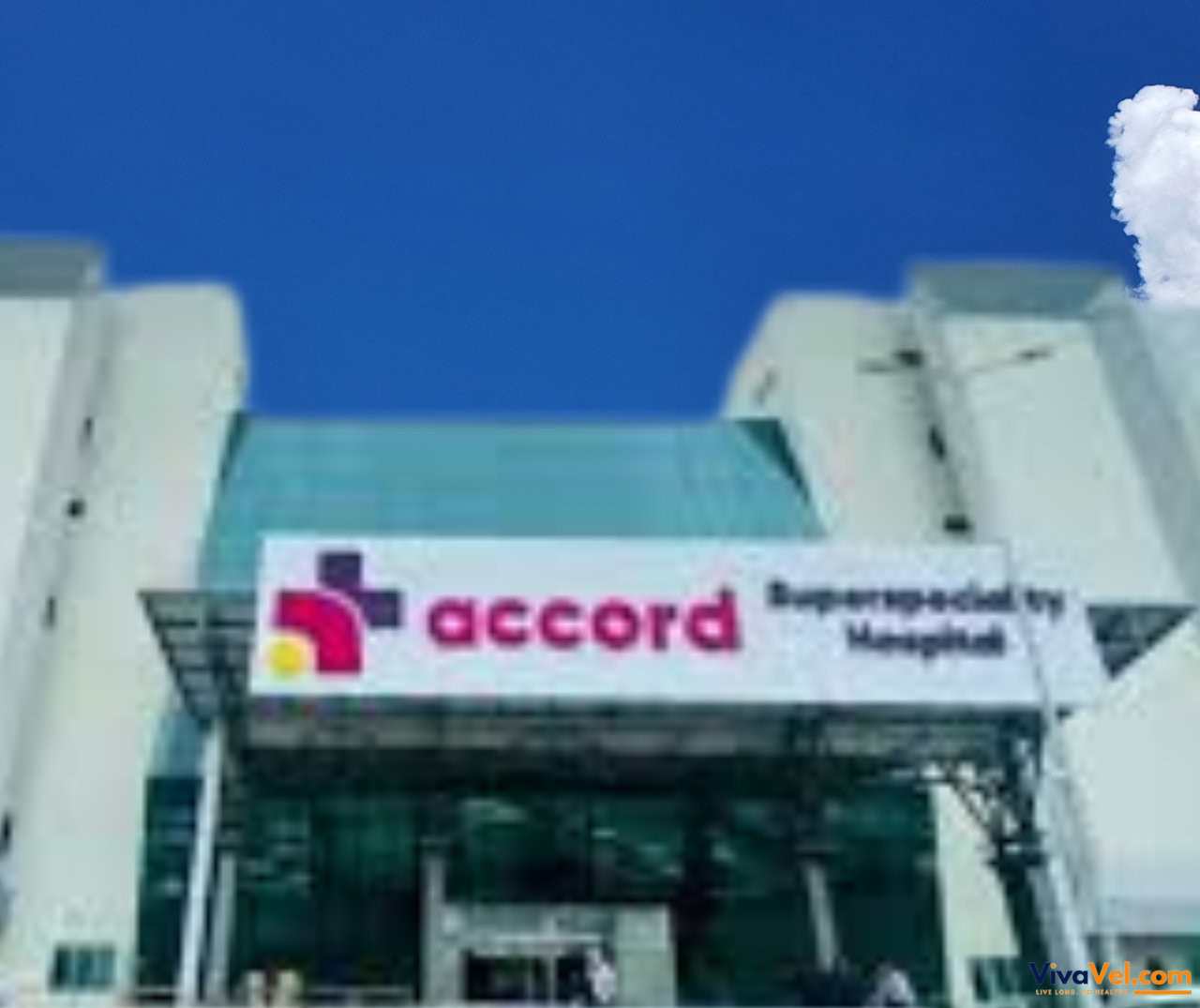


![]() Budena Village, Sector 86, Faridabad, Haryana 121002, India
Budena Village, Sector 86, Faridabad, Haryana 121002, India
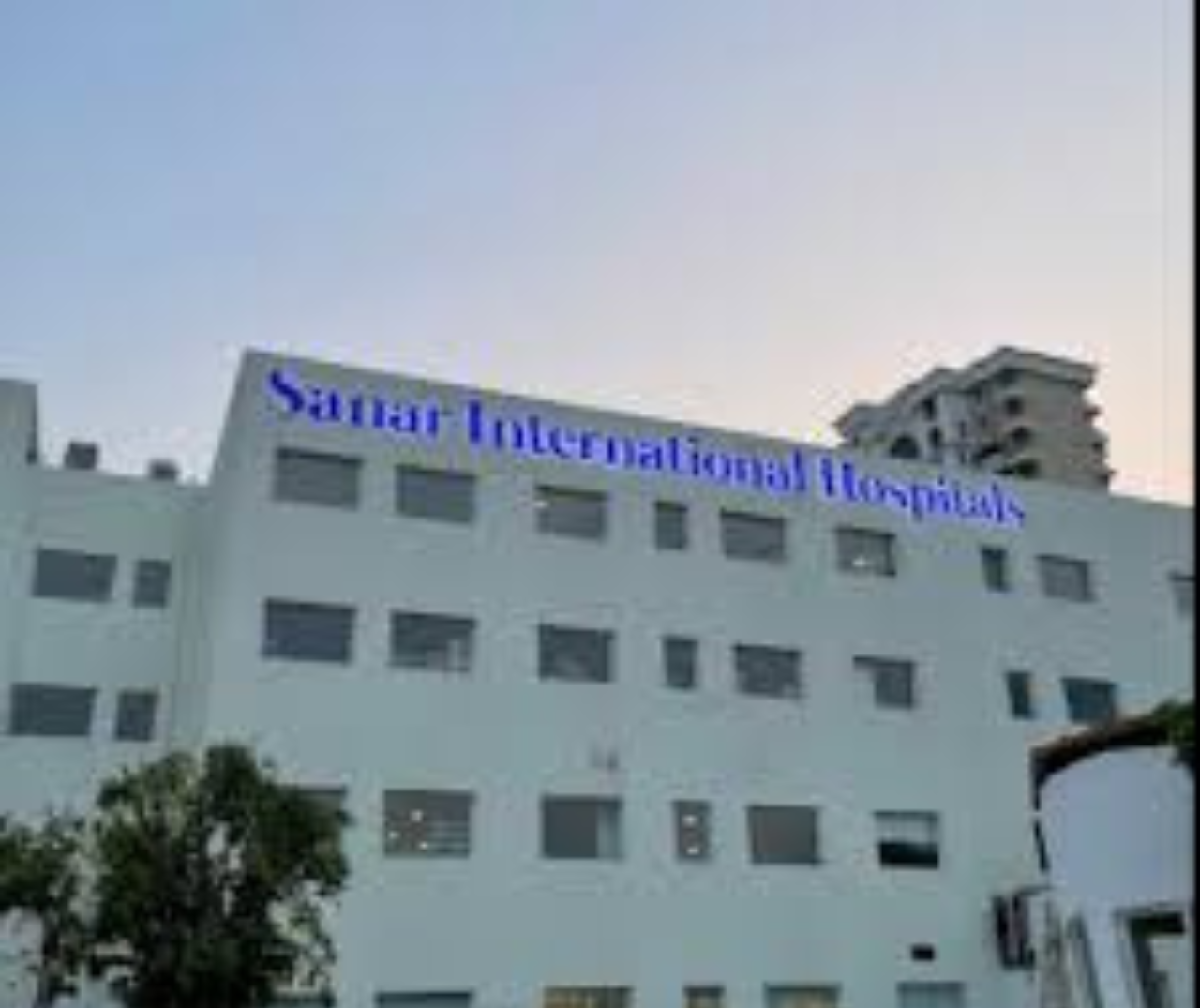


![]() Golf Course Rd, Parsvnath Exotica, DLF Phase 5, Sector 53, Gurugram, Haryana Gurgaon, 122022 India
Golf Course Rd, Parsvnath Exotica, DLF Phase 5, Sector 53, Gurugram, Haryana Gurgaon, 122022 India

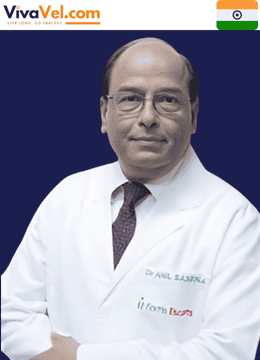
Dr. Anil Saxena is an Executive Director in the Department of Electrophysiology & Cardiac Pacing at Fortis Escorts Heart Institute. He is recognized for his exper...
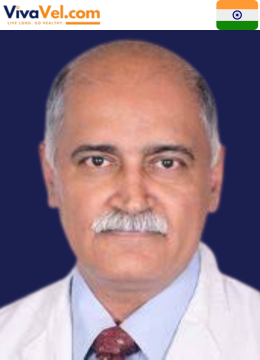
Dr. Kulbhushan S. Dagar is a highly experienced cardiac surgeon with over 21 years in the field. For the past 15 years, he has specialized in caring for infants and c...
C.P.Roy.png)
Dr. (Col.) C.P. Roy VSM is an accomplished heart specialist with over 30 years of experience in the Indian Armed Forces and leading medical institutions. He has held ...
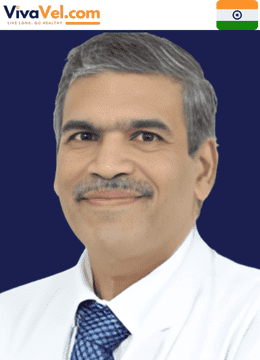
Dr. Ripen Gupta is a highly respected cardiologist at Max Hospital in Saket, New Delhi. With over 25 years of experience in interventional cardiology, Dr. Gupta speci...
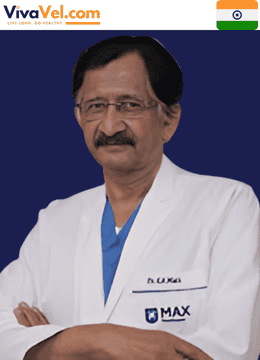
Dr. Ganesh Kumar Mani is a distinguished and highly experienced cardiac surgeon at Max Super Speciality Hospital, Saket, New Delhi. Dr. Mani is one of India's mos...
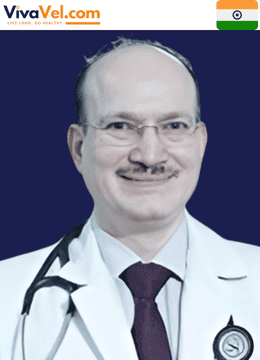
Dr. Rishi Gupta is a renowned name in cardiology and is considered among the best cardiologists in Faridabad, India. He specializes in Angioplasty and coronary A...
Treatment Plan & Cost within 2 days
